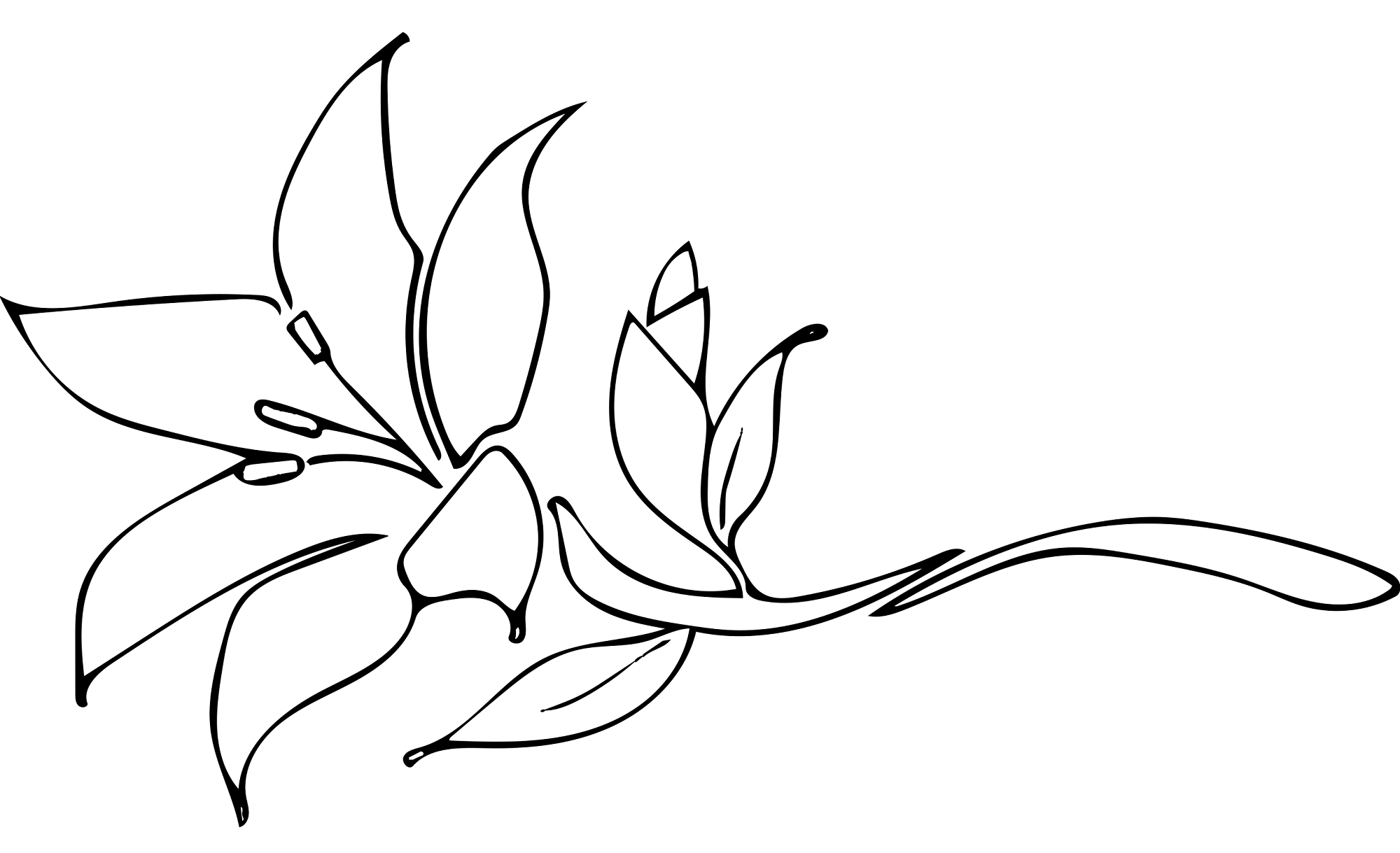Most people think that creative careers involve selling ideas that pop into your head. And they’re right, but it’s taxing none the less. While other jobs rely on textbooks, tutors, or bosses to teach the craft, creative careers center around using one thing: the brain. And that is really hard to teach. Ideas are just so personal, subjective, and unique.
For this semester’s The Branding of Me class with Professor Gary Kayye, I have been challenged to blog at least twice a week. For today’s blog, I’m taking a big leap of faith here to talk about myself. I am not a person who’s eager to share a lot, but many uncomfortable tasks encourage us to be more confident.
So today I want to discuss something that I call sensory overload.
Let’s travel back to this past weekend, for example, during the long-awaited Duke vs. UNC rivalry basketball game. (We lost horribly, but that’s beside the point). I went to a watch party with my friends to enjoy the game, but instead of watching, I found myself cringing every time a team scored because the room got too loud. The place was crammed full of people in tar heel blue (best color ever by the way), but I felt like all my personal space was gone. The bright screen and dark walls, loud voices and smelly foods, waving hands and unfamiliar faces all added to the excitement. But by the end I couldn’t focus and took refuge in the bathroom for a few moments to mentally collect myself. The gentle humming of the fan and blank walls instantly helped me relax. Why would an event like that bother me?
Sensory overload is a very real thing. Some call this HSP (for Highly Sensitive Person). It’s where the sensory section of the brain is more developed, thus making scents, surroundings, textures, noises, and tastes all the more vivid. It’s not a sensory processing disorder, but about 20% of the population has this.
Feeling constantly aware is incredibly taxing. Sometimes, to truly focus on something, I have to shut out other sensory stimuli. I listen to music with the lights out. I study using earplugs no matter how quiet the room is. I anticipate strong stimuli like loud music or strong smells whenever I might reencounter them. I HATE scratchy tags in my clothes that rub my neck. When I think of a memory, like last Christmas break, my mind churns with reverberating instrumental music, condensation-coated dish lids, sparkling water in clinking glasses, the scent of pumpkin pie smothered in dripping ice cream, and the crackle of flames in the hearth beside my family’s oversized couches in the living room. It’s the fragments and details of a memory that I remember, not just the occasion and the people.
For a while, I used to think I was just weird for reacting more strongly to sensory-packed environments. And while this may seem different from some people, I think this realization helps me function better and appreciate life more. This is why small moments that I claim are the key to inspiration are so impactful to me.
I invite you to ask a related question to yourself: how do you see the world or function differently? Are you embarrassed about it, or is it something that gives you a unique viewpoint?
I left the basketball watch party early that night. If I’m entirely honest, I enjoyed that quiet walk under the starry night and glistening streetlights better than the rest of the evening. The crunch of scattered leaves reminiscent of fall and the distant shouts from other Tar Heels made a perfect and calming ending to that Saturday afternoon.






